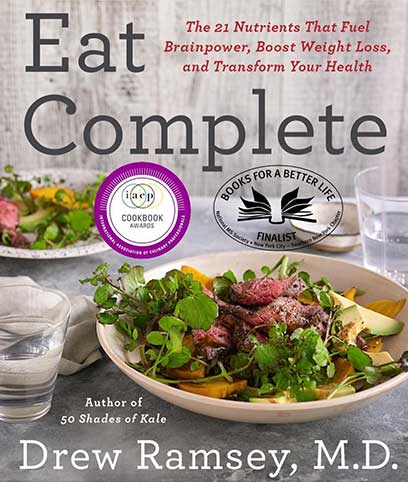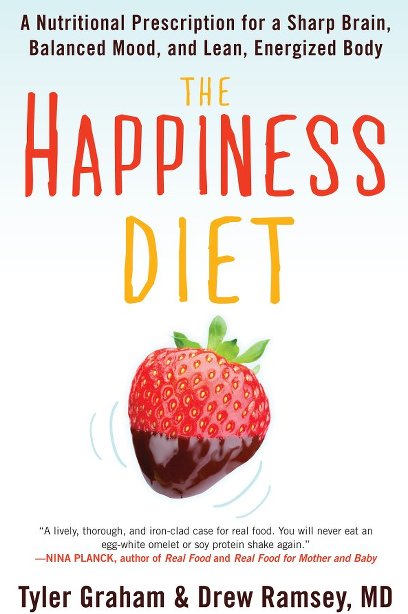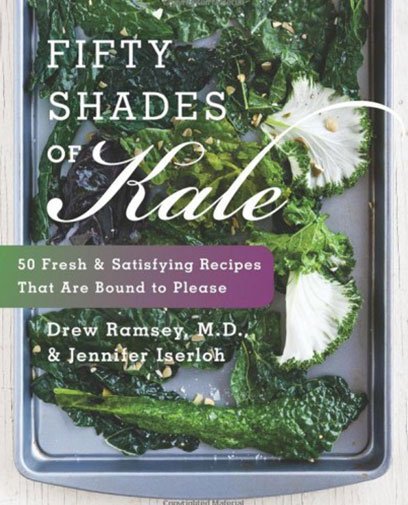Tomatoes are one of the easiest and most economical ways to increase your intake of a brain-protecting class of plant nutrients called carotenoids. Pronounced ca-ROT-en-oids, these molecules safeguard fat in the body, which is very valuable for brain function, since your brain is mainly made of fat.
Tomatoes are a particularly good source of two all-star carotenoids: lycopene and beta-carotene. Like all carotenoids, lycopene and beta-carotene are powerful antioxidants. They eliminate free radicals helping avoid a root cause of inflammation. Your brain, with its high concentration of the omega-3 fats, is particularly vulnerable to attack from free radicals, which is a major reason why the increased consumption of all kinds of vegetables is a near-universal health recommendation.
In addition to its antioxidant powers, lycopene also regulates genes that influence inflammation and brain growth. Studies find that individuals with mild cognitive impairment (“senior” moments, for example) as well as Alzheimer’s disease have lower levels of carotenoids like lycopene in their blood.
Lycopene plays a role in regulating cell growth, too, which is why studies have shown that it is associated with lower rates of several cancers.
Beta-carotene has the secondary benefit of helping prevent heart disease, which has two interesting relationships with mental health. First, compromised blood flow from a damaged heart is a major cause of mental difficulties later in life. Second, sufferers of heart attacks are more prone to bouts of clinical depression. A healthy heart has a lot to do with a healthy head.
Both lycopene and beta-carotene are available as supplements, but there are good reasons for deriving their benefits by eating tomatoes and other foods, such as watermelon, sweet potatoes, and dark leafy greens. Clinical studies illustrate the importance of getting these nutrients from vegetables. When smokers were given beta-carotene in a trial attempting to prevent lung cancer, an analysis of clinical trials found they actually increased the risk of lung cancer by 24 percent.
Juicing and cooking these vegetables drastically concentrates the lycopene and transforms it into “cis-lycopene” form, which assists in its absorption into the blood. I think this might explain why slow-cooked tomato sauce provokes a near Pavlovian mouth–watering response. Mother Nature really wants us to eat these warmed up cis-lycopenes!
Adding fat to your servings of tomatoes and other vegetables helps all carotenoids make their way into your system. Tomatoes and olive oil, that classic, delicious food combination, actually provides us with a synergistic health effect. Carotenoids dissolve in fat and are then more easily absorbed in the bloodstream, so olive oil-based salad dressings make good sense in terms of brain health. The fat in the oil increases the “bioavailability” of the carotenoids in your salad.
When shopping for tomatoes, pick organic tomatoes in the store, or shop at farmer’s markets. Look for the smaller varieties, because so much of the tomato’s nutrients are found in the skin, and a pound of grape tomatoes has more skin than a pound of the larger varieties. Also look for darker-skinned tomatoes because they have higher concentrations of other important brain protecting compounds, such as anthocyanins. When tomato season is at its height and prices are low, try stocking up and cooking them down to sauces or homemade ketchup you can use year round.
Tomatoes aren’t in season in most of North America for a few months, but now is the perfect time to put a few plants in the ground. You can grow a few small cherry tomato plants even in a sunny window.
That’s it for this post’s prescription from the Farmacy—enjoy lycopene and beta-carotene packed tomatoes and know you are eating to build a better brain.
The above posting is my once-monthly blog for Psychology Today called, The Farmacy. I cross-post it here, but you can check out the original version online here: Fat Brains Need…Tomatoes








